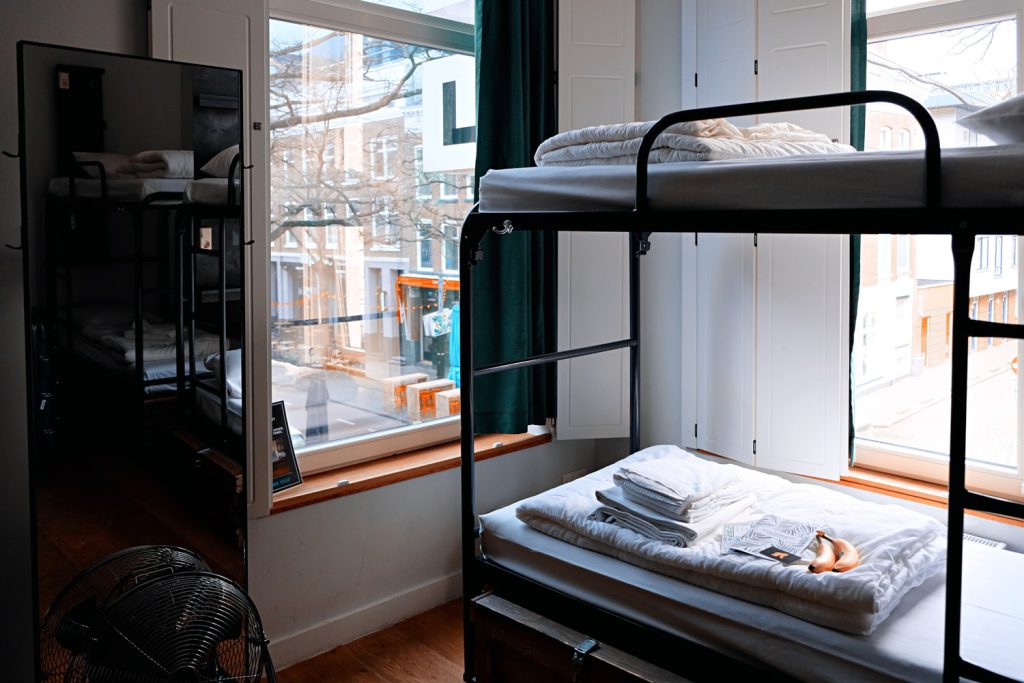Important tips when you are living in a city like Bangalore where allergies are commonplace.
Allergies in India are on the rise, currently affecting an
estimated 25% of the population. Dorm rooms and classrooms can be especially triggering for people living with allergies; industrial products used to clean bathrooms and common spaces, along with poor ventilation in many older buildings can cause allergies to develop even if you’ve never had them before. By taking steps to maintain clean air in your living space and speaking with school officials to implement changes, you can help reduce the negative impact of allergies on your and your classmate’s lives.
Identify and Eliminate Triggers

If you’ve developed allergic symptoms,talk to a doctor or nurse at your school’s health center about allergy testing. During an allergy skin test, a specialist pricks a drop of a suspected allergen into your skin, which will cause redness and swelling around the testing spot. Allergy testing is typically not painful and will quickly yield results. Knowing the cause of your allergies means knowing what to avoid. Eliminating certain foods, medications and chemicals may take some vigilance, but will dramatically improve your symptoms. Carefully read the ingredients in your food, as well as any cleaning and self-care products you use. If you’ve been diagnosed with a food allergy, alert the staff in your school’s cafeteria. Common commercial cleaning products may contain ingredients such as formaldehyde, sodium laurel sulphate and ammonia, which can cause contact allergies and asthma. Cleaning with natural ingredients instead, such as baking soda, vinegar, castile soap and lemon juice can help alleviate your allergies.
Keep Your Dorm Room Clean
Mom may not be around to remind you to clean your room, but if you’re experiencing allergies, cleanliness is key. Dust mites are one of the most common causes of year round allergies; these microscopic bugs leave behind excrement and bodily remains that can trigger allergic reactions. A dust mite allergy can cause respiratory problems, as well as itchy eyes, sneezing and eczema. Since mattresses and bedding are a favorite place for dust mites to accumulate, washing and changing your linens at least once a week is a crucial hygienic practice. Make it a habit to remove your shoes before entering your dorm room, and encourage roommates and guests to do the same. Dust and vacuum regularly, and check underneath furniture, rugs and upholstery, where mites love to hide.
Take Steps to Improve Indoor Air Quality
Maintain optimal moisture levels by using a dehumidifier and ventilating your space to prevent the buildup of dust mites, mold and germs . If you use a window air conditioning unit, periodically clean the filter, which is located at the front of the unit, and can be easily accessed. Use fans in areas where moisture tends to accumulate, such as bathrooms and kitchens.Open windows and keep houseplants that help remove moisture and harmful particulates from the air. You may also want to invest in an air purifier, which is capable of removing particles much smaller than what a typical HEPA air filter is designed to handle.
Allergies can diminish your quality of life and overall sense of well-being. College is a time for personal growth, forging new relationships and reaching academic goals; do not allow allergies to hinder that experience. Speak with a doctor to devise an effective treatment plan for addressing your allergies and make the necessary lifestyle and environmental changes needed for better health.